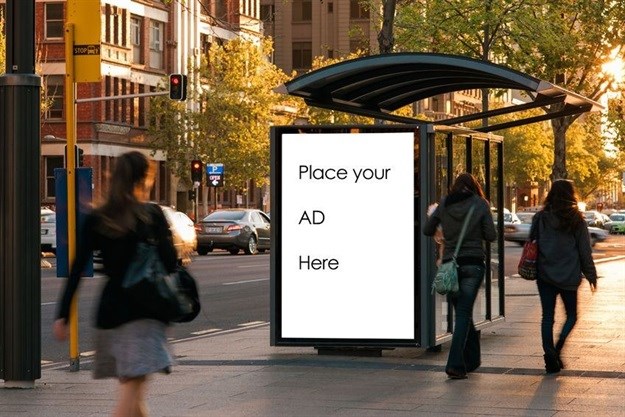
“The City received a significant volume of comments from role players in the advertising industry and other interested parties in response to the first draft of the proposed outdoor advertising by-law last year. A task team worked through these comments and subsequently redrafted the by-law, taking into account the contributions that we received. The new draft is now available for a second round of public participation, given the extensive changes to the first draft by-law,” said the City’s mayoral committee member for transport and urban development, Councillor Brett Herron.
“Those who have commented on the first draft will notice that the second draft has been reduced from 88 pages to less than 40 pages, making it is easier to navigate. We have also created greater flexibility with respect to the adjudication of signs. The purpose of the by-law is to create a clear and simple framework to regulate outdoor advertising and signage. We have tried to make the new regulations easy to grasp and to streamline the processes to be followed when applying to the City for authorisation.”
Following the first round of public participation, the City has heeded the comments of residents and industry. For example, private security companies will be permitted to have additional displays of their presence within communities on request of homeowners’ associations.
“Similarly, we have increased the revenue possibilities for schools and non-governmental organisations after they asked the City for assistance to ensure their financial sustainability. We have also sought to simplify the application process for industry following their concerns about uncertainty,’ said Councillor Herron.
An important aspect of the by-law is finding a balance between the need for economic growth, while at the same time ensuring that advertising and signage is not detrimental to Cape Town’s unique heritage and tourism treasures.
“As much as we want to protect Cape Town’s visual, historical and cultural appeal, we have to be aware of the impact of red tape and unnecessary regulation on the city’s economic growth, innovation potential, and job creation prospects.”
The draft outdoor advertising by-law stipulates the following:
Furthermore, the by-law creates different areas of control:
“The by-law seeks to open up advertising possibilities in industrialised areas and areas where you would normally find businesses. Thus, we want to support industrial business development, property marketing and property sales. But the by-law also seeks to protect those areas where outdoor advertising would be inappropriate, or should be allowed only under strict conditions, for a short period, and under special circumstances.”
The by-law sets strict requirements for signage structures to ensure the public’s safety as far as possible. It also regulates signs in windows, on roofs, against buildings, as well as freestanding signs and inflated signs.
“The draft by-law conforms to the City’s draft Climate Change Policy as well as the draft Environmental Strategy. For example, illuminated signs must be energy-efficient and ideally self-generated by using solar- or wind-generated power,” concludes Herron.
The public may view the draft at City libraries, sub-council offices or online at www.capetown.gov.za/haveyoursay.